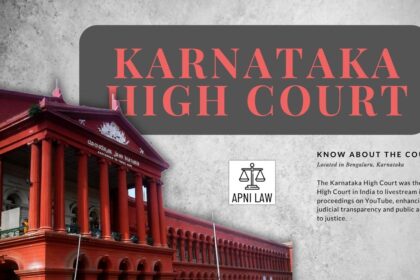Code
The police officer or other person making any arrest under this Sanhita may, immediately after the arrest is made, take from the person arrested any offensive weapons which he has about his person, and shall deliver all weapons so taken to the Court or officer before which or whom the officer or person making the arrest is required by this Sanhita to produce the person arrested.
Explanation
This section of the Bharatiya Nagarik Suraksha Sanhita (BNSS) empowers a police officer or any individual making an arrest to seize offensive weapons from the arrested person immediately after the arrest. These weapons must be delivered to the court or the officer before whom the arrested person is presented, as per the requirements of the BNSS.
Illustration
Imagine a scenario where a police officer arrests a person for assault. Upon apprehending the suspect, the officer finds a knife concealed in the suspect’s pocket. According to Section 50, the officer can seize the knife, which is an offensive weapon, and submit it to the court along with the arrested individual.
Common Questions and Answers
Q: What constitutes an “offensive weapon”?
A: This term is not defined in the BNSS. However, it generally refers to any object that can be used to inflict harm, such as knives, guns, clubs, or even potentially dangerous tools like screwdrivers or hammers, depending on the context.
Q: Can an individual other than a police officer seize offensive weapons?
A: Yes, as per this section, any person making an arrest is authorized to take possession of offensive weapons. This includes private citizens who are legally authorized to make an arrest.
Q: What happens to the seized weapons?
A: The seized weapons are submitted to the court or the designated officer for safekeeping. They may be used as evidence in any subsequent legal proceedings.







